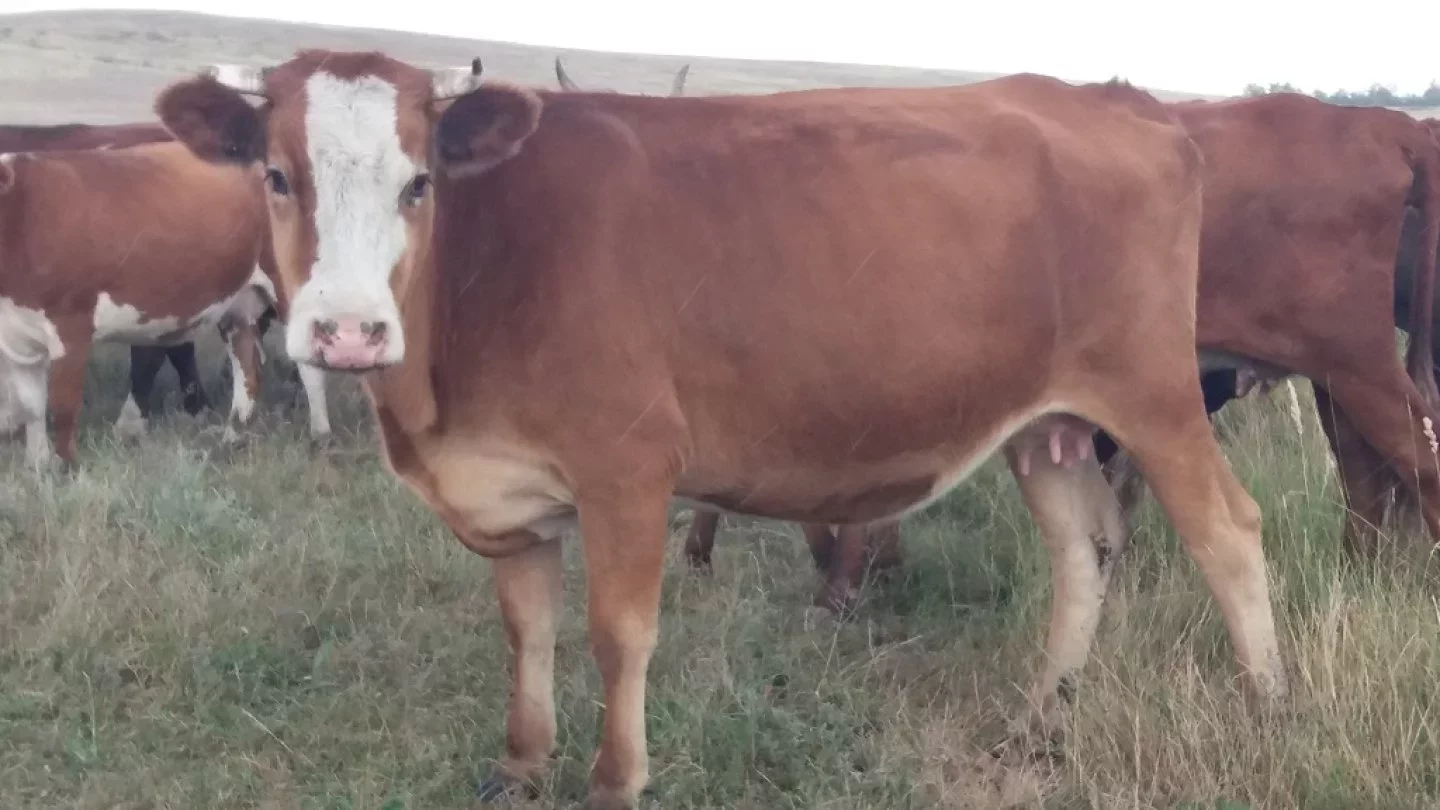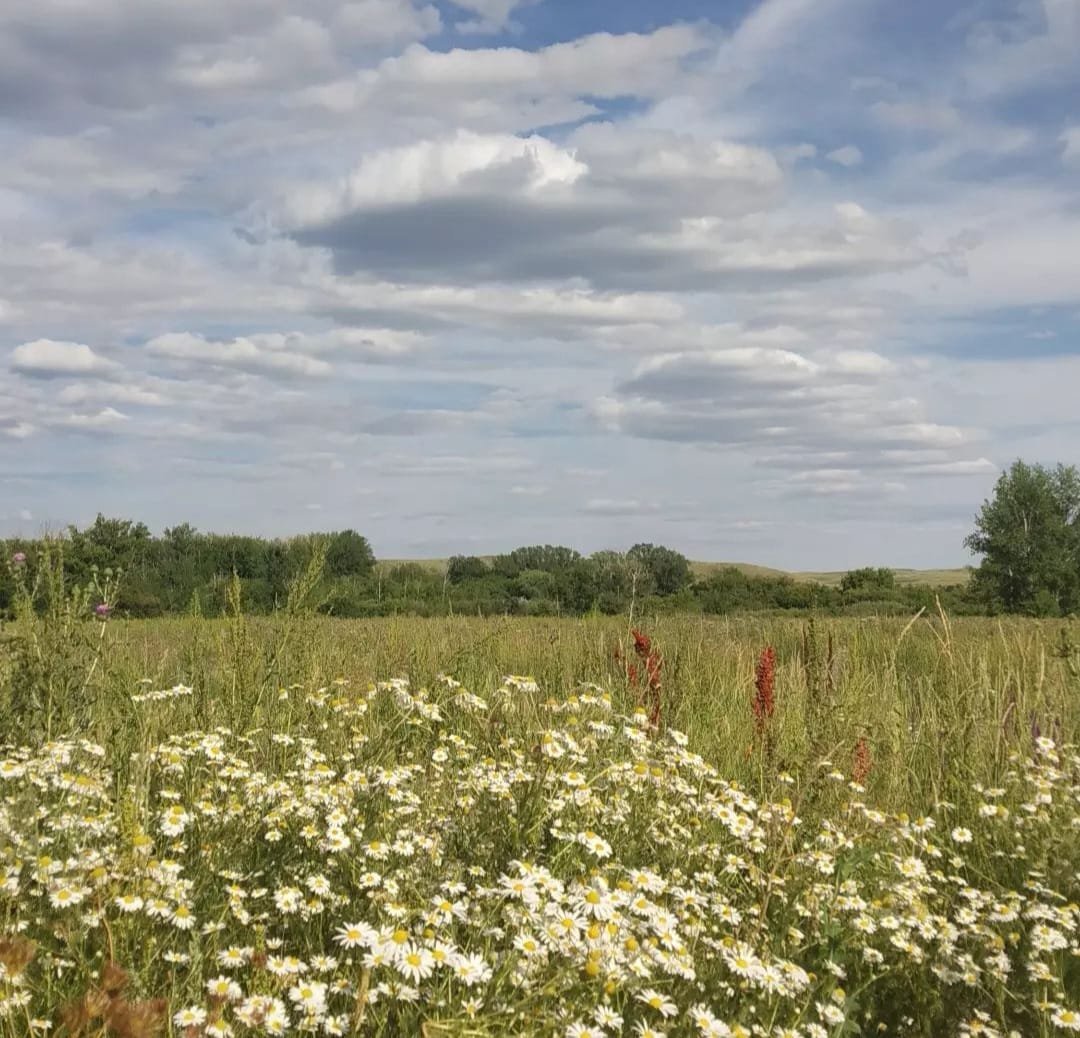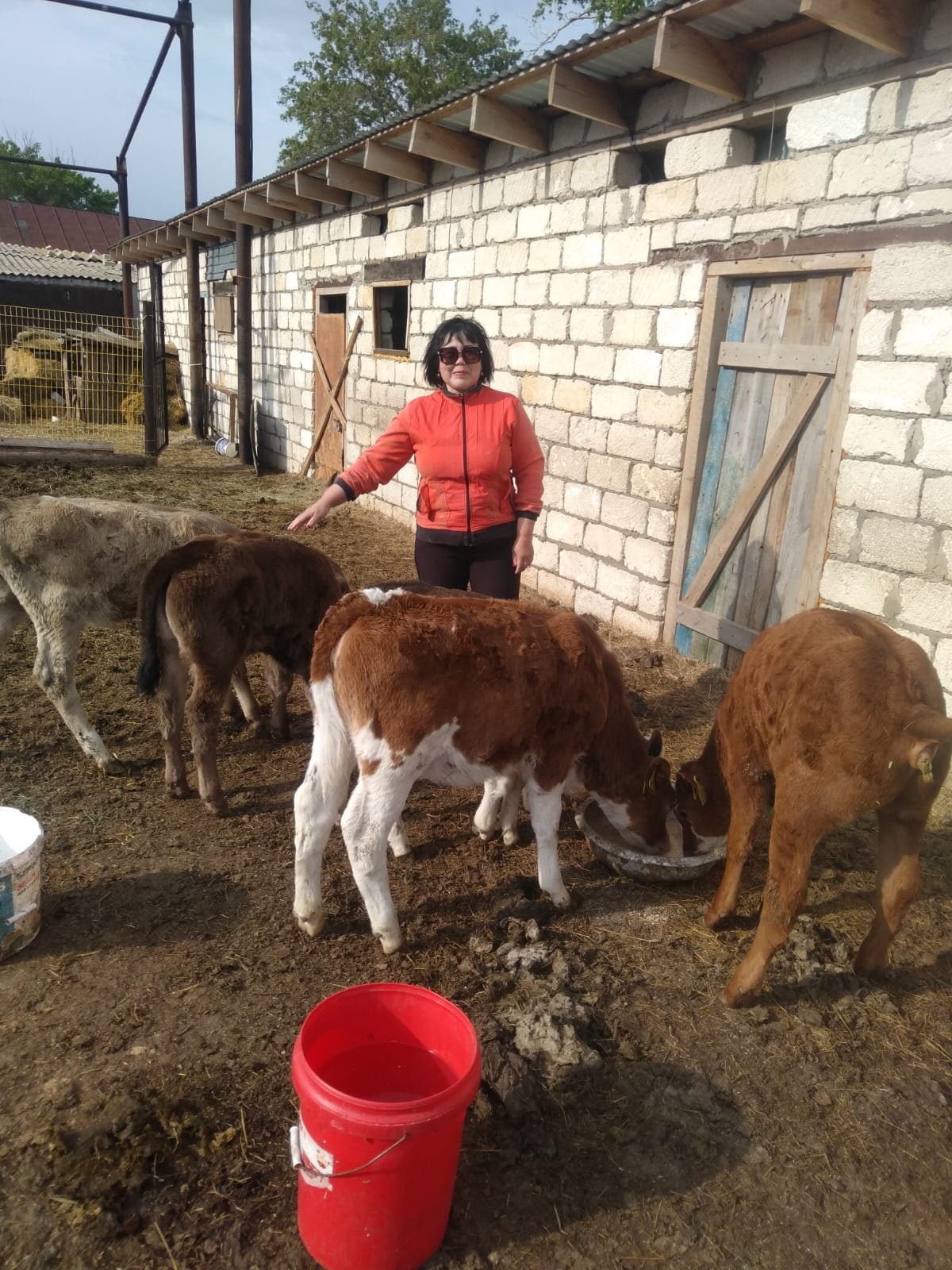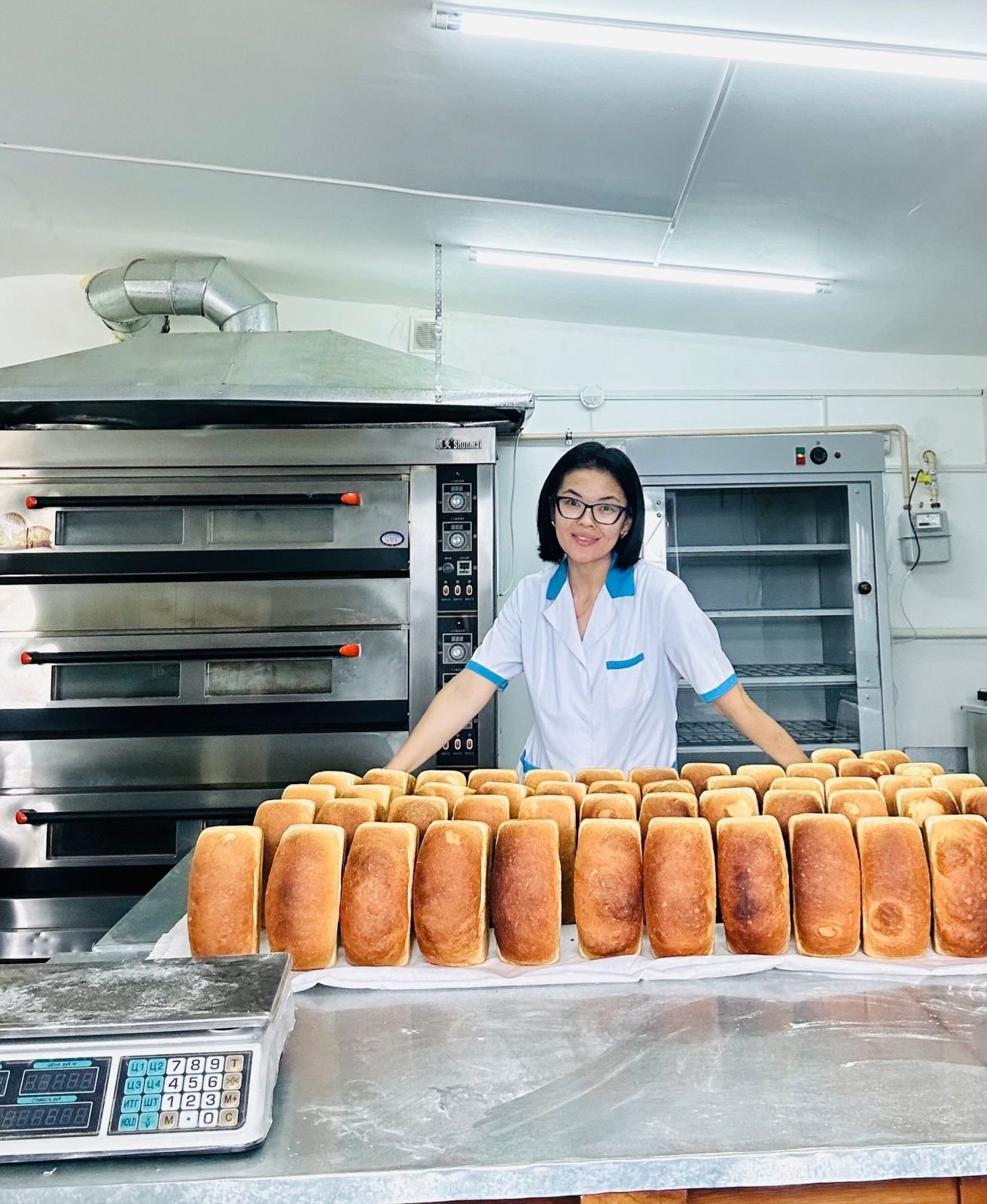From The City to The Village: Kazakhstanis Who Moved Spoke About Their New Lives
 Photo: ORda
Photo: ORda
The COVID-19 quarantine was a test for many residents in Kazakhstan. Private enterprises closed, jobs were reduced. For some, this served as the drive to move to a city, while for others - to the auyl (village - Ed.). The latter decision is not for everyone. Orda spoke to families who moved from the city to the village and found out what are the advantages and drawbacks of their new lives.
41% of Kazakhstanis today live in rural areas. An outflow of these areas’ population occurs every year. The incomes of the villagers are steadily decreasing. Meanwhile, the quality of life, health care, education and leisure is significantly lower than urban equivalents.
Quarantine and Insight
The state program "Auyl Amanaty" successfully fit into the post-quarantine period. The incomes of the urban population fell sharply. For some, this was enough to return to the birthplace of our nation – the auyl.
Serik Kurmangaliev is among them. His wife, Elmira Eschanova, joined him in the village of Kos-Istek in the Kargalinsky district of the Aqtobe region. The decision to move was influenced not so much by the idea of state support as by lessons learned from the COVID-19 crisis.
Of course, everyone was surprised by our decision. Many did not approve. But after quarantine, we realized that agriculture in the future is the most profitable business because people already realize the health benefits of natural and fresh products. And most importantly, it is agriculture that is able to survive under any circumstances and quarantine. And my husband is an economist by education. For many years he has been involved in projects in the oil and gas sector, participating in tenders. But private owners, as usual, have either feast or famine. And the quarantine has stopped altogether, says Elmira Eschanova.
 Instagram _l_love_kosestek_Photo by Elmira Eschanova
Instagram _l_love_kosestek_Photo by Elmira Eschanova
A Super Place!
The favorable climate and nature of the village of Kos-Istek have long been appealing. The Kurmangalievs had often come here to rest and visit their parents.
My husband's father did not want to move to a city where there is little greenery and a lot of dust. And here are forests, mushrooms, berries and fresh air. Also, in terms of infrastructure, Kos-Istek is in no way inferior to a city. There is gas, electricity, drinking water, schools, shops
The couple invested all their money. They built a house, two sheds, bought 15 cows, horses, sheep, goats and chickens. After that, their workdays began. The whole farmstead has to be managed independently.
Fortunately, (my - Ed.) spouse understands animal husbandry. There is no way (this would work - Ed.) without this knowledge and skills. I had to learn everything. Milk cows, process and prepare dairy products: cottage cheese, butter, kurt, irimshik, kefir, cheese. At 4 a.m. I start milking. Execution is also on me. I get behind the wheel and hit the road. Fortunately, now there are regular customers both in the countryside and in the city.
 From the personal archive of Elmira Eschanova
From the personal archive of Elmira Eschanova
The couple recently decided to take out a loan of 8 million KZT via the state program "Auyl Amanaty". With this money, they bought milking machines and other equipment to launch production of stewed meat and condensed milk.
We have not yet reached a good profit. It's a little hard in terms of the fact that feed is not cheap and the hay. But this is the same in any business: first you invest, and over time a return comes.
Serik and Elmira's children have already grown up. They do not want to stay in the village. Their daughter got into Almaty university this year and will study journalism, while their son dreams of becoming a pilot.
An Easy Start
Gulsezim Baitulekova also experienced drastic changes in her life. Her maternity leave has just come to an end. She did not want to return to a typical job at the age of 40. She has a higher economic education and extensive experience in the financial sector. Yet neither a chief accountant’s position nor the the position's salary interested her. She wanted to try entrepreneurship, so she began to analyze the the market.
After conducting an analysis, I realized that it is more profitable for me to start in rural areas, rather than in the city. The state is now actively supporting SMEs in villages. And not to take advantage of such a chance is simply a sin. Also, in the Mugalzhar district, in the village of Sagashili, I have a ready–made base for a business premises in my parents' yard, where there used to be a store. Just gotta turn around and do it. A large start-up capital is needed for a business in the city. And it's not guaranteed that you will come out on top because incomes have fallen, while competition has become even tougher due to the pandemic.
Gulsezim proposed opening a bakery to her daughter-in-law Gulpara. Together they applied for participation in the entrepreneurship management competition and won a 4 million KZT grant. The money was used to purchase equipment. The repair of the premises and all communications were carried out at their own expense.
The bakery was opened in January 2023. It is the only one in the village of Sagashili so far. Now we provide bread not only to our village, but also to the companies nearby to the village – a road company, an oil loading station. Thanks to the grant, we reached a return and a small profit. We were even able to create two jobs with the help of the labor exchange, where the state covers part of the salary. It's great support.
 Photo from Gulsezim Baitulekova's personal archive
Photo from Gulsezim Baitulekova's personal archive
They also applied for a loan. 1.5 million tenge will be allocated for the purchase of an industrial extractor hood and refrigerator. The low 2.5% interest rate and long payment pauses are ideal conditions, the former bank employee, Gulsezim evaluated.
If we successfully close the loan, we can get a new loan in the amount of up to 27 million tenge for business expansion under the same conditions. This is important because we have a lot of plans.
Slim Pickings
A year has not passed, and the businesswomen are already planning to enter the market of the district center of Kandyagash, but so far production volumes are lacking. Employees have not been easy to find in rural areas. Gulsezim works in her bakery with her daughter-in-law from morning to evening. They themselves bring in the flour and deliver bread.
In rural areas, the main problem is finding personnel. Our salary is 120-140 thousand (tenge - Ed.) through the labor exchange. But the problem is that in the village there are only shift workers’ wives who stay at home, while young people seek to get a degree as an SMM specialist and a targetologist in order to work remotely and receive a salary. It is physically easier and financially more profitable for them.
Indeed, the personnel problem in rural areas is a long-standing one. Farmers have long complained about the lack of qualified tractor drivers, combine harvesters, and cattle-workers.
My father has a farm. And it's a big problem for him to find a cattle-workers. If there is any, then they are definitely drinkers. They work for two months and disappear.
The state could solve the personnel problem by providing benefits for rural specialties like with projects to attract teachers and doctors to the village.
Not everyone has the desire to conquer a city without a roof over their heads. Many young people would have stayed in their native village. They need to be motivated. We also see that doctors and teachers are returning to the village with a diploma under social programs. They get a house, resettlement allowances, education. It is also necessary to motivate agricultural specialists. A good salary, paying it through the labor exchange, and benefits for children: recreation camps, free tuition at universities. If a person has a stable high income and a prospect for children, then they will return to their native village, Gulsezim believes.
You Need Good Boots!
Sagashili’s current state is different from Gulsezim’s childhood village. Now there is gas, a water supply, paved roads, schools, and a sports complex.
Gulsezim sees in this a prospect for opening new types of business, for example, fitness clubs, camping sites, or cafes. Not everyone can start a business in rural areas, though. Even if a preferential loan is provided.
Both urban entrepreneurs who have ventured down this path are united not only by economic education and already having the basic necessities, but also by character. One that allows you to pull yourself up by your boot straps up even in the most daunting predicament.
Original Author: Rayana Batyr
DISCLAIMER: This is a translated piece. The text has been modified, the content is the same. Please refer to the original piece in Russian for accuracy.
Latest news
- Timur Kulibayev vs. New Kazakhstan: Oligarch Defends His Assets
- MP supported Imam's Statements About Kazakh Traditions
- Altyn Adam: How Filmmakers Quarreled Over Cartoon About Scythian Warrior
- "No Chance": Russian Deserters' Stories in Kazakhstan
- National Fund Earns As Much As It Spends
- What is Going on with FPL Head's Recent Appointment?
- Stati Case: Victory for Kazakhstan?
- Qataris to Spend $3.5 Billion on Construction of Plants in Kashagan
- Oil Quotas: a Blessing or a Curse for Kazakhstan?
- Plant in Kazakhstan: Swiss Investor Purchased, Legal Battle Follows
- Situation with Russian Securities in Kazakhstan Explained
- Uranium Mining Tax in Kazakhstan to Change Starting in 2025
- Chinese Oil Giant to Build Wind Farm in Kazakhstan
- Expert Explains Toqayev Greeting Xi Jinping in Particular Way
- Scandal around "Aria-Zhana Astana", Controlled by Satybaldy, Not Subsiding
- SCO Summit in Astana: What to Expect?
- Who Was Oppositionist Aidos Sadykov?
- KNB Agent Orik VS Financial Police Agent Sanych
- Nazarbayev's Relatives on Trial: Systemic Purge or Political Games?
- Fire in Greece: Luxury Yacht, Kazakhstani Oligarchs' Vacation Scandal

